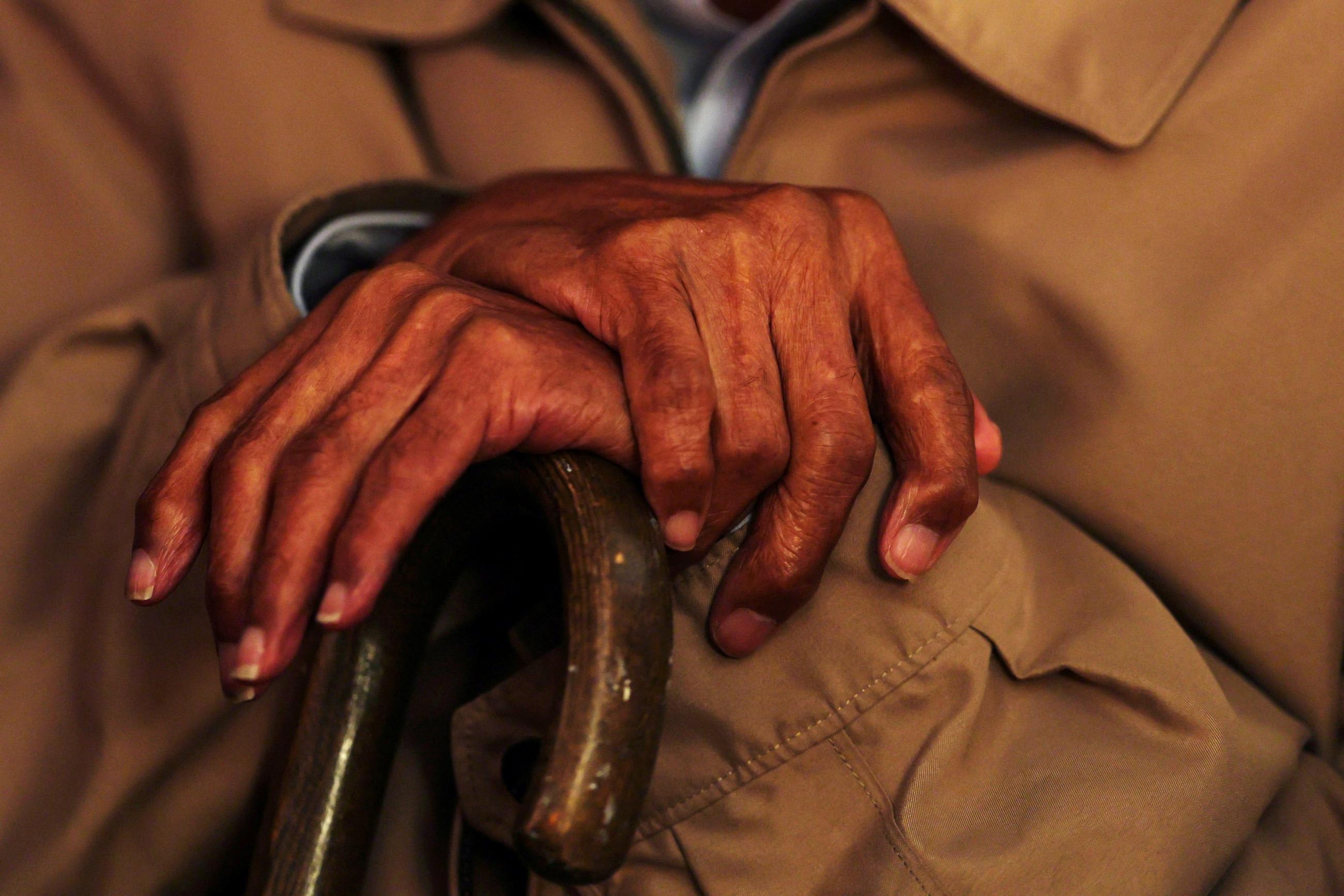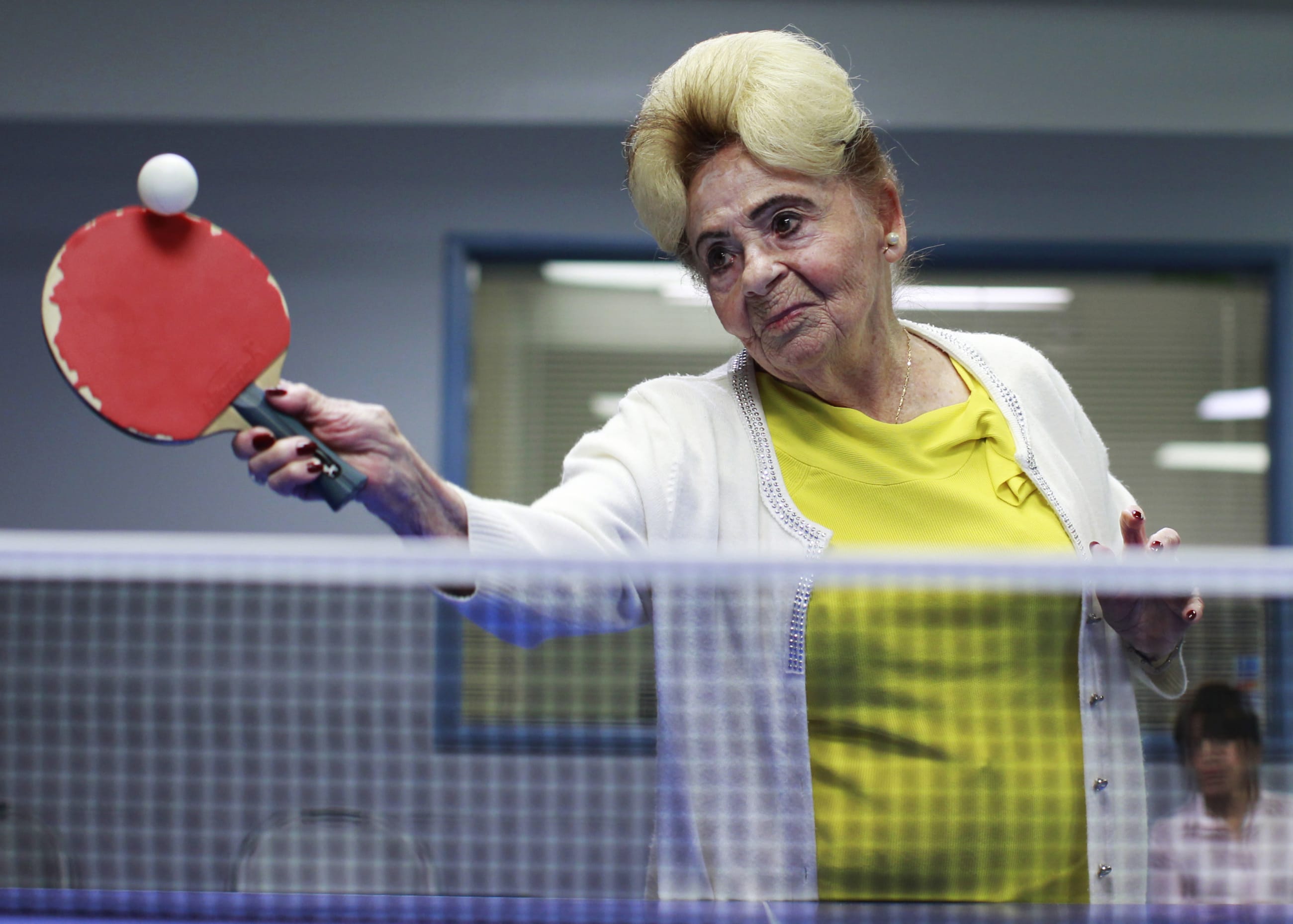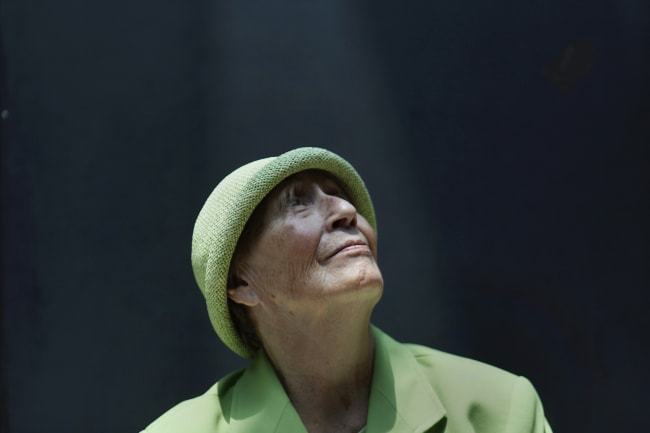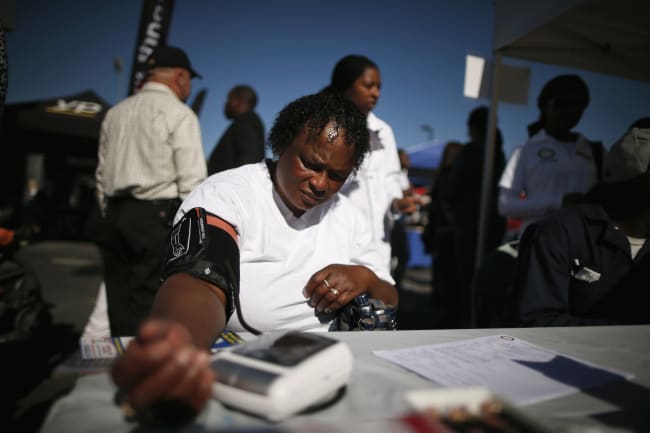In Summerville, South Carolina, seniors meet every week to socialize and engage in crafts. The gathering is part of a greater initiative called the Navigation Club, which invites members weekly to maintain and improve their memory. The program focuses on five key areas: socialization, mental agility, physical activity, mindfulness, and nutrition (members also get a healthy snack during the meetup).
Initiatives like the Navigation Club are bridging the gap to provide comprehensive senior care in the state. Efforts like these provide tailored activities for adults over 65 who face unique health-care needs due to aging. South Carolina has only 79 board-certified geriatricians—specialists in caring for aging patients—according to the 2023–2024 ABMS Board Certification Report.
Data from the South Carolina Department of Aging and the latest census shows that the state's population of adults older than 65 will almost double, to an estimated 2.7 million, within the next two decades. Yet the state, and others, may not have enough geriatricians to meet the growing demand. Luckily, South Carolina is leading efforts to provide better care for older adults, serving as a model for other states.
The trend in South Carolina holds across the country, as experts argue that the number of geriatricians falls short of the United States' estimated need for 28,000 geriatricians by 2025. Currently, fewer than 7,300 physicians are board-certified geriatricians, fewer than 1% of all physicians nationally. Because of these gaps, many seniors remain in geriatric care deserts given the patient-provider ratio of 1 to 10,000. This disproportionately affects older adults from communities of color, ones who are low income or living in rural areas.
Improving Elder Care in South Carolina
Given the shortage of geriatricians, South Carolina's Department of Aging is engaging nonprofits, government agencies, and professional societies to provide meaningful support for the population of older adults. To promote healthy aging, the state created an ElderCare Trust Fund to help seniors stay in their homes and avoid expensive residential long-term care facilities.
Since 1992, the state has awarded more than $450,000 to more than 35 not-for-profit organizations that offer evidence-based disease prevention and health promotion that increase the quality of life for older adults. The ARK of South Carolina, which currently serves Berkeley, Charleston, Colleton, and Dorchester Counties, was one of their awardees.
"If you have some lapses in memory, or you're in the early stages of memory loss, we try our best to teach healthy lifestyle choices so that you can continue to have a healthy brain," said Michel'le Cathey, the associate director for The ARK. She facilitates the many programs at the organization, seeking to help support families living with Alzheimer's disease and related dementia.
The ARK conducts memory screenings for older adults at their center in Summerville. If someone is identified with impairments in their memory, a social worker refers them to a health center or recommends that they talk with their primary care provider.
"We heavily encourage the families that come to us seeking resources to please talk to their primary care physicians, but we would prefer for them to seek more specialized care. We're very aware that there is a shortage of geriatricians in the area, and so we do our best to navigate what works best for the families in terms of their access," said Cathey.
The ARK is one of many organizations in the state of South Carolina uplifting the population of seniors by promoting healthy aging. According to the Alzheimer's Association, more than 6.9 million people age 65 and older in the United States were living with Alzheimer's in 2020, including 112,500 South Carolinians. The United States is one of the top 10 countries with the highest rates of Alzheimer's disease per 100,000 people.
Recognizing the limited supply of geriatricians, experts in the state are creating senior-friendly spaces within hospitals and health-care centers to address their unique needs. In 2021, Beaufort Memorial Hospital transformed its Pratt Emergency Center into a geriatric friendly emergency department. This meant tailoring care to help emergency medicine providers quickly identify, triage, and treat seniors.
Because older adults may experience difficulties reading fine print, the hospital staff increased the typeface size of signs and discharge instructions to make them easier to read. The floors within the Emergency Department were also changed to be softer and nonskid to minimize the risk of falls. Even small changes like these can make a difference: According to recent research, geriatric-friendly emergency departments improve patient outcomes, quality of care, and may reduce health-care costs in the long run.
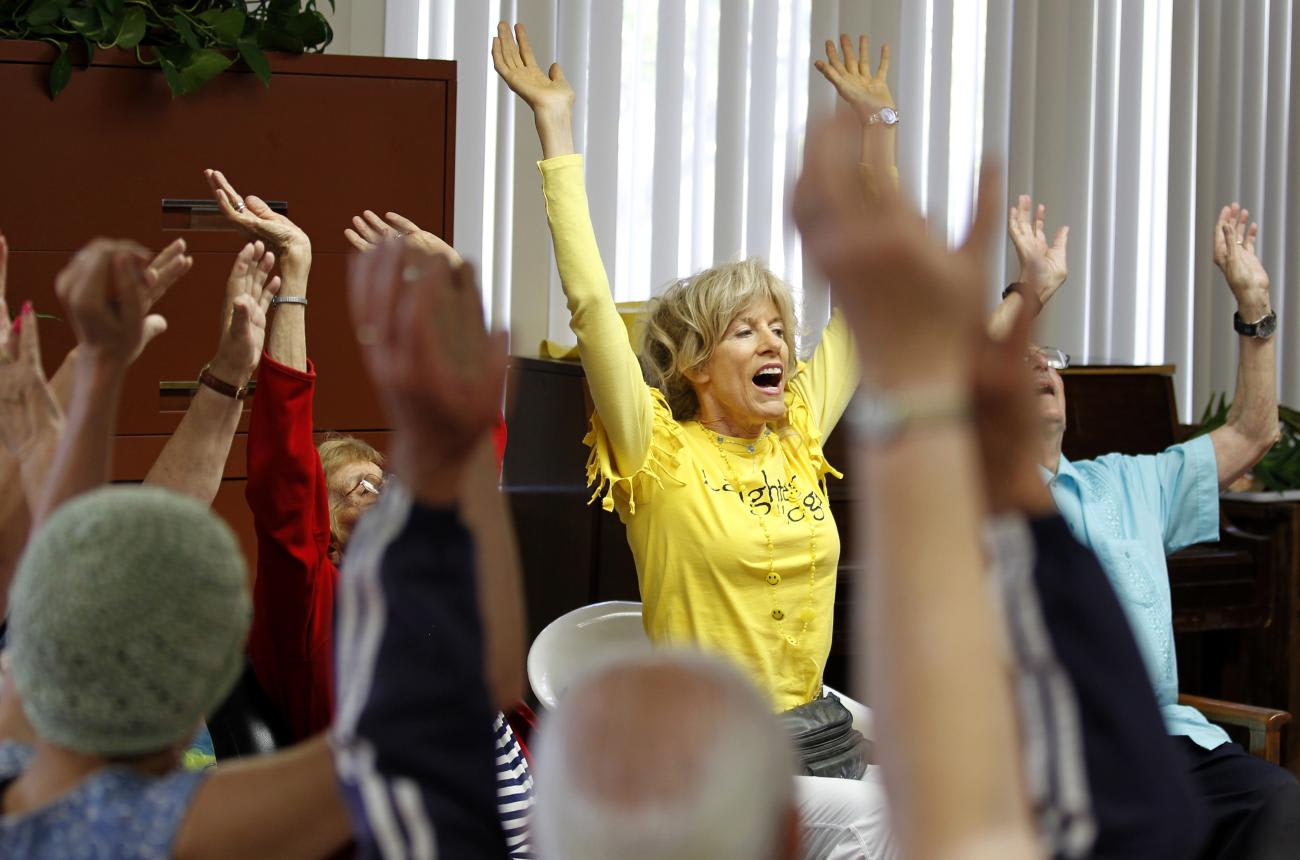
Training the Next Generation of Geriatricians
Although community organizations' senior care initiatives are effective in screening and identifying the need for support, they fall short of tackling the underlying issue: the critical shortage of geriatricians, which is essential for addressing the long-term health-care needs of an aging population.
Becoming a geriatrician requires additional training beyond internal or family medicine residency to assess and treat the unique health-care needs of older adults. Often, even with additional training, geriatricians may struggle to pay off the debt they incurred while enrolled in school.
"Geriatric medicine is a lower-paying specialty, meaning it takes longer to repay medical school debt," explained Amanda Overstreet, an assistant professor of medicine and the Geriatrics Fellowship director at Medical University of South Carolina. As a resident of South Carolina, she was a recipient of the state's Geriatric Loan Forgiveness Program, which helped reduce her debt.
Created in 2005, South Carolina's Geriatric Loan Forgiveness Program was created to encourage physicians who are completing additional training to specialize in geriatrics or geriatric psychiatry to serve patients in the state by helping them repay their medical school debt. In exchange for living in the state to practice at least for 5 years, geriatricians and geriatric psychiatrists receive $35,000 toward their loan payments. The first such program in the nation, it has awarded more than $840,000 to 27 physicians who have collectively treated more than 10,000 seniors in the state.
At this time, only 14 residency programs have combined medicine-geriatric pathways
The average medical school debt is around $227,000, including undergraduate premedical programs. The American Medical Association currently "encourages the development of loan repayment programs for students and trainees wishing to pursue geriatric care as their field of study."
"All states need to move toward a model that mirrors the VA [Veterans Affairs] medical centers' plan, $200,000 in loan forgiveness for 5 years of service, in an effort to dramatically increase the number of geriatric medicine physicians serving our communities," Overstreet said.
Some positive steps forward have been taken in improving elder care in South Carolina, but significant progress is still needed to ensure it is comprehensive and accessible for older adults.
In addition to loan forgiveness, efforts could be made early on in a medical student's journey with exposure to the field of geriatrics. Florida can serve as a model for this, with medical schools such as University of Florida and Florida State University requiring all fourth-year students to learn about treating senior care communities. Geriatrics clerkships are currently elective in most medical schools across the country. Making this mandatory could be a start to paving the way for more geriatricians in the future, according to a 2022 study that looks at the value of a geriatric medicine rotation as part of a student's curriculum.
Although it may take time to expand the medical school curriculum, physicians and leaders of residency programs can create geriatric pathways in family medicine, internal medicine, and medicine-pediatrics. Only physicians in those residency programs can pursue additional training to take care of older adults by applying to a geriatrics fellowship. Unfortunately, geriatric medicine fellowship programs are filled less often than all the other fellowships in other medicine subspecialties, as seen in the more than 100 unfilled spots during the 2024 match. At this time, only 14 residency programs have combined medicine-geriatric pathways, and no such programs have been established in South Carolina.
